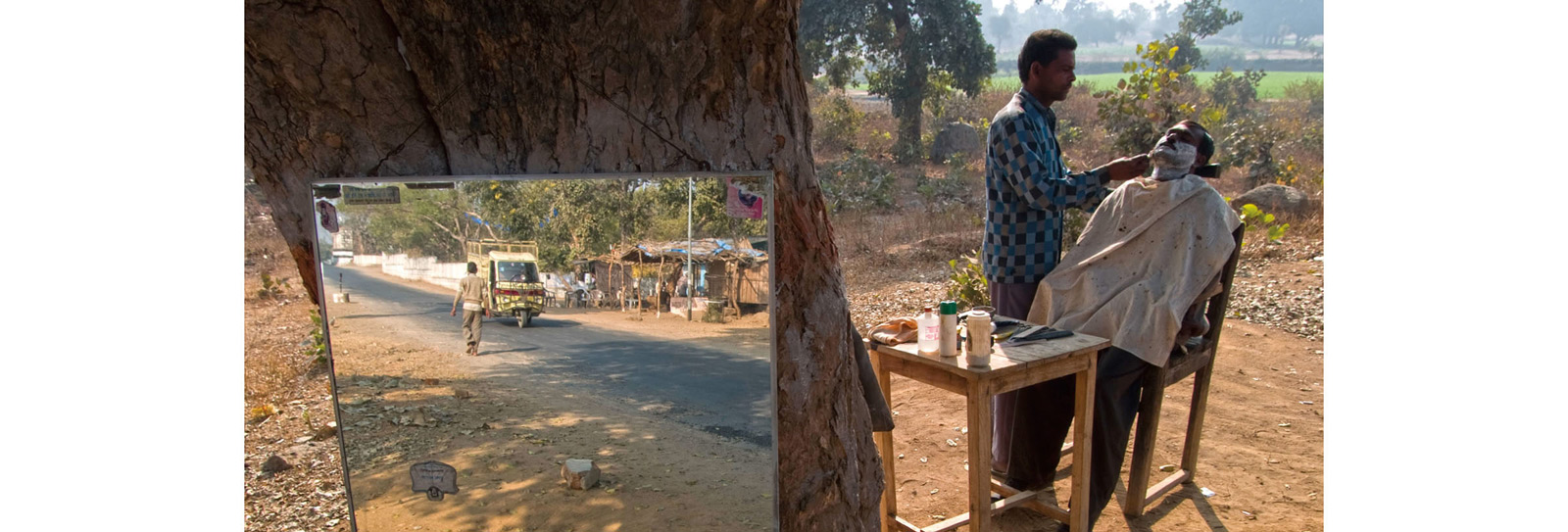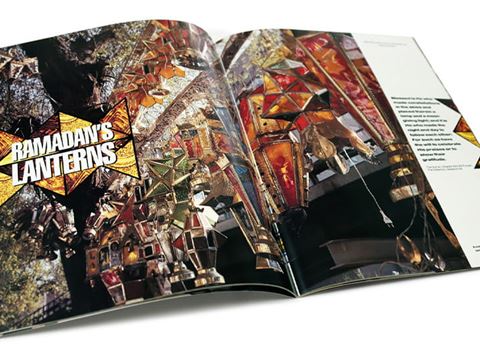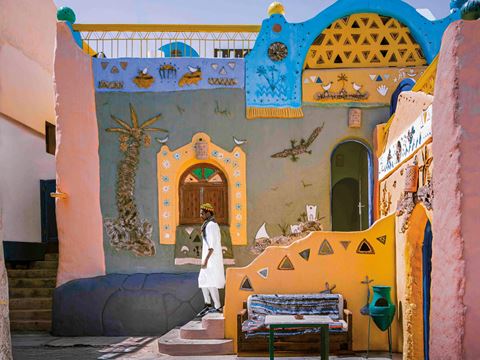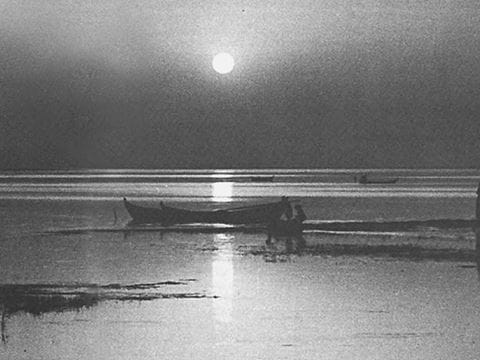
FirstLook: State Highway 37, near Orchha, Madhya Pradesh, Central India
State Highway 37, near Orchha, Madhya Pradesh, Central India
Driving north out of the historic town of Orchha in the morning, I spotted a roadside tea shop and, near it, this barber who had hung a large mirror to a tree, facing the road. It was a common enough scene: Tens of thousands of independent, casual tea shops serve travelers on India’s highways and byways; outdoor barbers are less common, as they tend to work more often near marketplaces. As my wife and friends got tea, I stayed around chatting with the barber and his customer, showing them a few images on my camera, and then leaving them to their conversation and work. To make this image, I looked to the mirror for a secondary plane of activity, a kind of second narrative, to add depth and complexity. I took variations of this image from different positions, using different lens focal lengths as I tried to harmonize the primary and secondary scenes, looking for a moment when both the barber and the mirror offered elements that added to an overall narrative. For me, the mirror was not just a photographer’s challenge. It was also a way to suggest subtly that despite my many months spent all around India over the past two decades, both on assignment and visiting my in-laws’ family, I am forever looking from the outside in, working to distinguish one plane of experience and meaning from another.
You may also be interested in...

Find Ramadan Lanterns on Cairo's Streets with John Feeney
Arts
In the March/April 1992 issue, writer and photographer John Feeney took AramcoWorld readers on a walk through the streets of Cairo during Ramadan.
Saudi Photographer Captures Aswan's Nubian Heritage
Arts
As a Saudi photographer with a passion for cultural, human and heritage themes around the world, I strive to make my images windows to the past as well as reflections of the present. When I came across this guesthouse on a visit to Aswan, Egypt, I was taken back to 3000 BCE to ancient Nubia.
Discovering Life and Architecture in Iraqi Marshes
History
Arts
Amidst "the stillness of a world that never knew an engine... he found at last a life he longed to know and share.